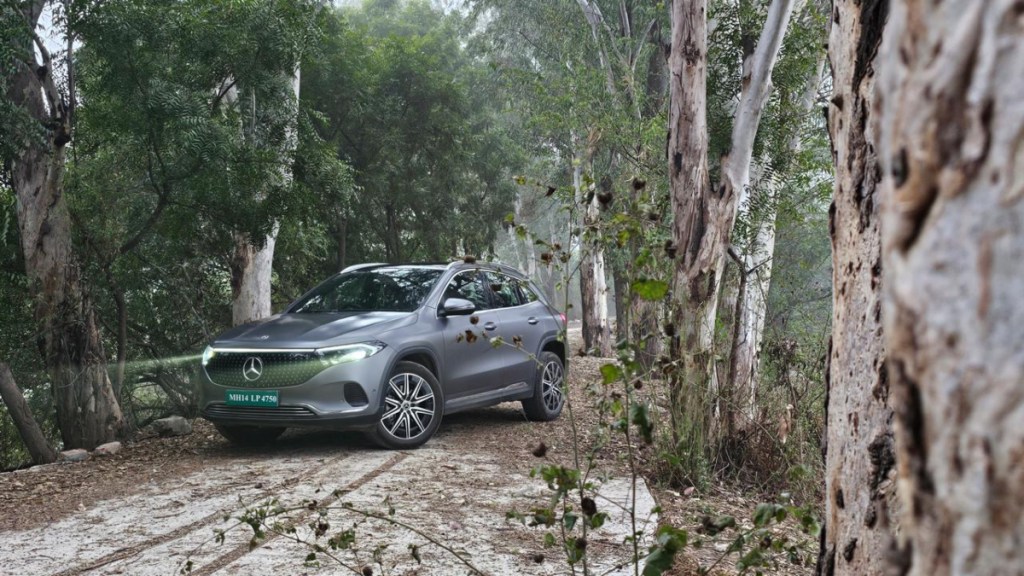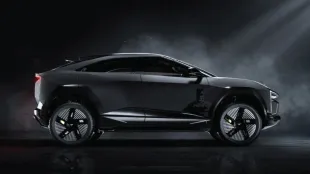With the constant debate around EVs vs combustion engine vehicles, the division in the automotive industry has only grown on this subject as years have passed. The Government of India and various state governments have pushed for battery electric vehicles by providing subsidies to OEMs in the initial stages, the benefits of which have been transferred to the consumers.
However, the Karnataka government has taken a different approach this time. According to a recent CNBC TV18 report, the state government has announced a new one-time lifetime tax structure in the recently amended Karnataka Motor Vehicles Taxation Act, 2025.
Revised Lifetime Tax Structure for EVs in Karnataka
The Karnataka government has introduced a new one-time lifetime tax policy for vehicles, replacing the previous annual taxation model.
Key Changes:
- Vehicles Under Rs 10 Lakh: A one-time lifetime tax of 5% will now apply, replacing the earlier annual tax of ₹1,800.
- Vehicles Between Rs 10 Lakh and Rs 15 Lakh: These will now incur a one-time lifetime tax of 9%.
- Vehicles Above Rs 15 Lakh: A lifetime tax of 15% will apply.
- Electric Vehicles Over Rs 25 Lakh: These were previously exempt from road tax but will now be subject to a 10% lifetime tax.
Additional Taxation Reforms:
- Removal of Rs 10 Lakh Cost Clause: The deletion of the phrase “the cost of which exceeds Rs 10 lakh” from Sections 3(1)(d) and 4(1) could lower the tax burden for higher-end vehicles.
- Updated Tax Rates for Construction Equipment Vehicles: Lifetime tax varies by vehicle age—8% for new vehicles, scaling up to 25% for those older than 15 years.
Revised Tax Structure for Motor Cabs Registered in Karnataka:
- Cost ≤ Rs 10 Lakh: 10% lifetime tax
- Cost > Rs 10 Lakh and ≤ Rs 15 Lakh: 9% lifetime tax
- Cost > Rs 15 Lakh: 15% lifetime tax
- Electric Motor Cabs Above Rs 25 Lakh: 10% lifetime tax
It must be noted that these changes apply only to cabs registered within Karnataka and do not affect those using permits under Section 88(9) of the Motor Vehicles Act, 1988, issued outside the state.
Refund Policy for Deregistered Motor Cabs:
Refunds will be calculated based on the vehicle’s age at the time of deregistration, starting from 93% for vehicles deregistered within the first year to 25% for those between 14 and 15 years old.
In September last year, it was reported that the Karnataka government was drafting a new EV policy aimed at boosting the clean mobility sector over the next five years. The draft proposed substantial incentives for both consumers and manufacturers to position the state as a leading hub for EV production.
One of the key proposals was the exemption of road tax for electric and hybrid vehicles priced under ₹25 lakh, aimed at making eco-friendly transport more affordable. The state has set an ambitious goal of attracting ₹50,000 crore in clean mobility investments by 2029.




















